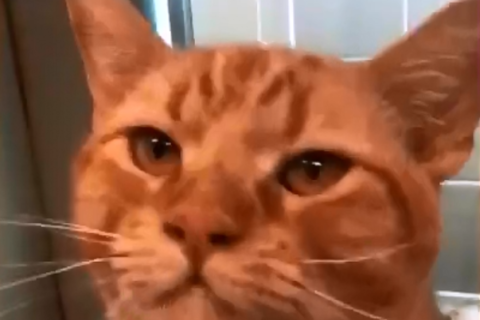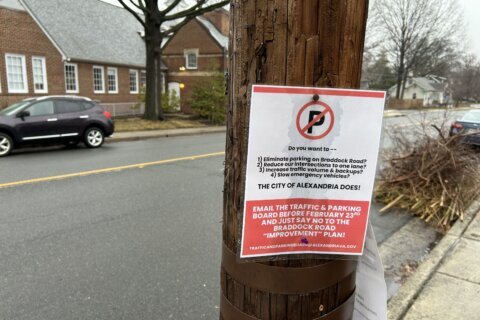WASHINGTON — A first-time mom is making headlines at the Smithsonian Institution as a cheetah gave birth to three cubs in the same Virginia facility where she was saved alongside her brothers.
The Smithsonian Conservation Biology Institute (SCBI) in Front Royal, Virginia, welcomed the litter on Sept. 22, according to a statement.
The cubs were both to Sukiri, who has been attentive in caring for the cubs, the Smithsonian said.
Zookeepers have been remotely monitoring the family through den cameras and visual checks. The zoo says that keepers will perform a health check on the newborn cubs when Sukiri is comfortable leaving them for an extended period of time.
“It is especially exciting to see Sukiri bonding with and successfully raising these cubs,” said Adrienne Crosier, cheetah biologist at SCBI.
Sukiri and her siblings were hand-reared because their mother couldn’t take care of them, Crosier said. “We always want moms to raise their own cubs,” she said, “because it increases the probability that those cubs will breed and raise their own cubs as adults. Sukiri was clearly able to adapt, and being hand-reared has not affected her ability to raise cubs at all.”
Sukiri and her brothers needed multiple surgeries and spent three months at SCBI’s veterinary hospital recovering from puncture wounds they received after their mother carried them aggressively.
The cubs were sired by a male cheetah named Sampson who moved to SCBI from a private breeding facility in South Africa in 2011. He is not related to many cheetahs living in zoos in North America, so his cubs will give the cheetahs managed by the Species Survival Plan (SSP) a genetic boost, according to the zoo officials.
The SSP makes breeding recommendations for all cheetahs living in zoos accredited by the Association of Zoos and Aquariums based on relatedness and pedigree. Since 2007, 13 litters of cheetah cubs have been born at SCBI, totaling 56 cubs, of which 44 have survived.
Cheetahs are listed as “vulnerable” in the wild by the International Union for Conservation of Nature. There are only about 7,000 cheetahs in the wild, living in very fragmented habitats.








